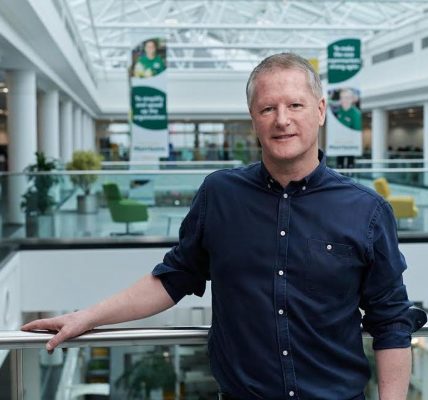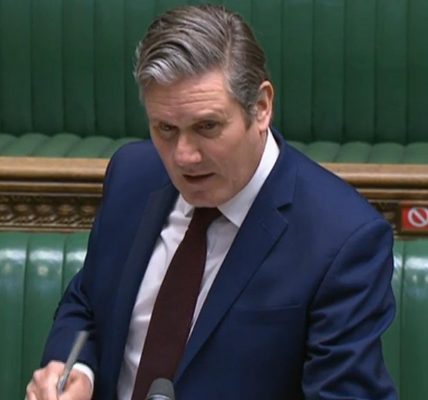Government's bus strategy must be refined to include smaller bus services – Mark Clissett
The Government says we’re going to ‘Bus Back Better’. That’s the slogan for the National Bus Strategy for England, with public transport placed firmly at the top of the political agenda. This is a good thing.
The strategy, we’re assured, describes a shared vision of the future of bus travel with the promise of improved, more sustainable services for all. £3bn is budgeted to spend on public transport infrastructure, with cash specifically set aside for bus manufacturers to build zero-emissions buses. Another good thing, of course, but, always check the small print.
In an announcement just before Easter, an initial £120m has been assigned to British-based bus manufacturers to produce 500 zero-emissions buses to replace diesel-engined vehicles currently in operation. However, and here’s the rub, 100 per cent of this cash is going to the ‘big’ bus makers, with zero per cent – nothing at all – for smaller ‘size-appropriate’ mini-bus producers.
This is an oversight with significant ramifications. More precisely, the funding excludes support for building buses with passenger capacities of 23 people or under, i.e. mini-buses – that’s around 80,000 vehicles in the UK – small buses that fulfil a fundamental role for community transport services; carrying the elderly, those with special educational needs, dial-a-ride services, and for linking rural communities.
Why is the Government preventing local authorities and public transport operators from choosing how they invest in their vehicle fleets? Any local authority in US will show you that small buses are a key part of their transport services.
Mellor’s sister company, Treka Bus, for instance, has just received an order from a US local authority to supply seven accessible buses (with eight seats and wheelchair access) for essential services in their area. Does the DfT think this service less valuable than scheduled-service big buses that so often carry nothing but fresh air around US towns and cities?
Don’t get me wrong, I understand that full-size buses are playing a role in getting the UK back to work and into town centres post-Covid, but big buses remain nonsensically under-utilised, particularly on rural services. Smaller, size-appropriate buses invariably are the solution.
It seems to me that the DfT has lost sight of the demand for smaller bus services, at a time when patronage for larger single- and double-deck buses has declined year-on-year
Of course, decarbonisation of all road-going vehicles is the ultimate goal if we are serious about improving air quality. So, I am supportive of the Government’s commitment to zero emissions public transport. But, to repeat, size-appropriate buses are a part of the mix, providing as they do, essential transport on a daily basis.
The Government simply has to re-evaluate. Society is moving gradually towards a carbon-free future and public transport is absolutely integral to the shift. Why are communities that rely on small buses being sidelined? Public transport is for everyone.










